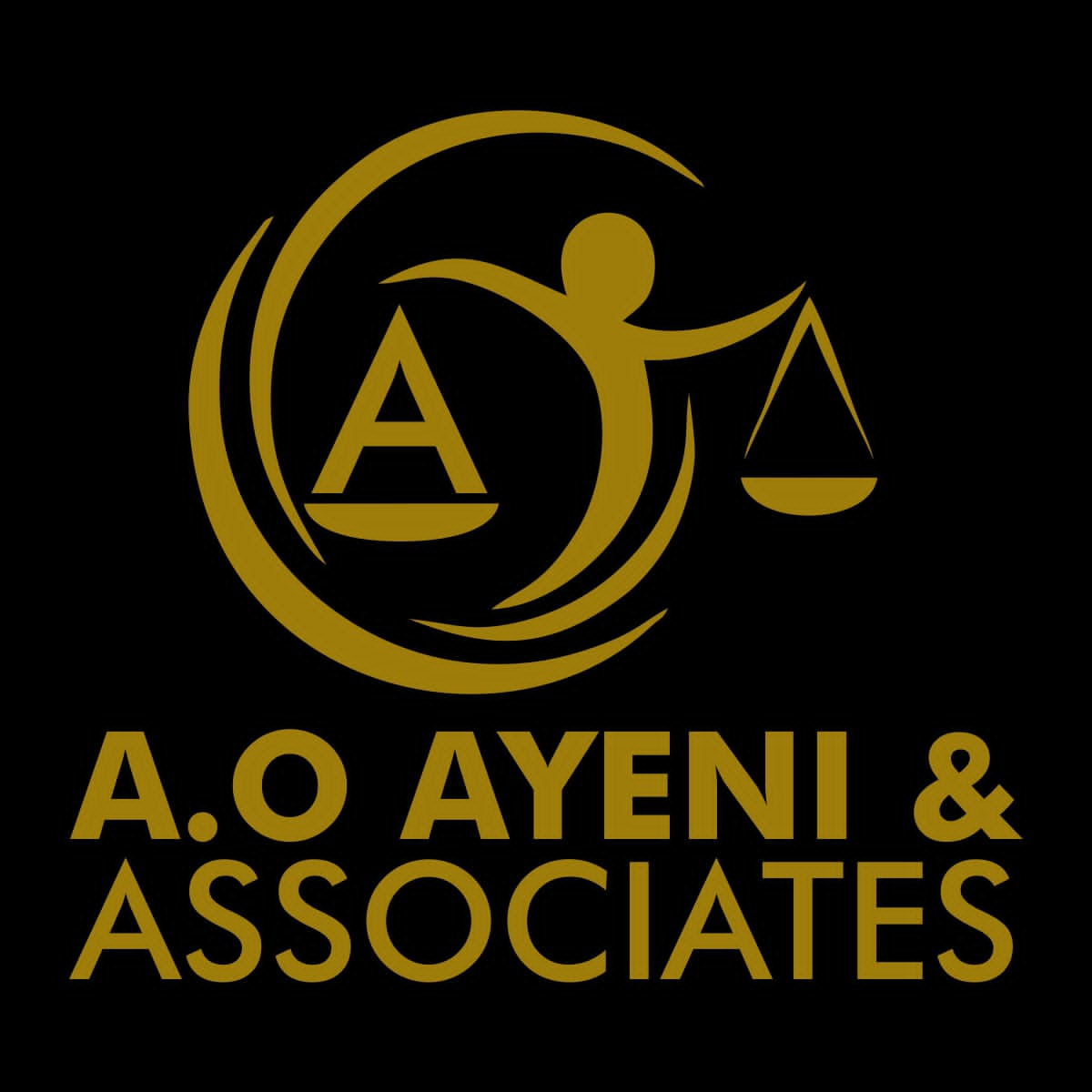INTRODUCTION
For every society to maintain orderliness and organization in a particular sector there is a need for a set of rules and directives. This set of rules and directives made and enforced by an authority is called a Regulation. The authority responsible for making and enforcing these regulations are simply called – Regulators. Pertaining to our subject matter of discourse, our focus is on Business Regulations. We will not be focusing on particular regulators or regulations. The brevity of this write-up would not permit us to deal extensively with the regulators, but it would be a qualitative discourse.
THE HIGHLIGHT OF REGULATORS IN BUSINESS OPERATIONS IN NIGERIA
In Nigeria, there are different regulators responsible for various aspects of business operations particularly relating to entrepreneurs and MSMEs. The following regulators are generally the most active regulators in the business industry of Nigeria:
- Corporate Affairs Commission (CAC)
- Federal Inland Revenue Service (FIRS)
- State Internal Revenue Service (IRS)
- National Agency for Food and Drug Administration and Control (NAFDAC)
- Standard Organization of Nigeria (SON)
- Nigerian Communications Commission (NCC)
- Nigeria Customs Service (NCS)
- Ministry of Industry, Trade and Investment – Trademarks, Patents, and Designs
- Nigeria Copyright Commission (NCC) etc.
Please note that as a business owner or an entrepreneur, you are likely to have dealings with a minimum of 4 Regulators in your field. For example, when you decide to engage in the business of Pre-Packaged Food Manufacturing. The first point of the call is to register your business with Corporate Affairs Commission (CAC). Before you begin to manufacture for sale, you need to register with NAFDAC. One of the requirements to register with NAFDAC is Evidence of Registration of Brand Name with the Trademark Registry in the Ministry of Industry, Trade and Investment. After the commencement of business, the business and business owners begin to pay applicable taxes to the FIRS and SIRS respectively. From this above, the business owner has had cause to deal with 5 regulators over one company.
Even though business owners may not be lawyers and are not expected to know all these laws, there are basic principles of business laws that an entrepreneur or a business owner should know to avoid some business calamities.

- ENACTED LAWS AND REGULATIONS
Every regulator in the business industry is a child of one law or the other. These parent laws provide for various rules and regulations to guide the operation and workings of its sectors. The laws further empower each Regulatory Agency (regulator) to make regulations to control and direct the affairs of players in the industry.
For example, National Agency for Food and Drug Administration and Control Act (NAFDAC Act) summarises the aim of the agency as follows: to among others, regulate and control the importation, exportation, manufacture, advertisement, distribution, sale, and use of food, drugs, cosmetics, medical devices, bottled water, and chemicals.
As a business owner, it is very imperative to know the basic principles of law or seek legal advice concerning it. This basic knowledge should center on the following:
- Pre-Incorporation and Post-Incorporation Laws
- Tax Laws
iii. Employment and Labour Law
- Intellectual Property Law
- Licensing, Approvals, Permits, Prohibition Regulations, etc.
One may not know how crucial knowledge is until one’s business is specifically affected. Imagine a business owner who saw some goods online, paid, and bought them but could not bring them into the country because the goods fall under Prohibited List.
So, it is very critical that an entrepreneur seeks professional guidance regarding prevailing laws and regulations in any area of business he/she intends to enter or invest in.
CONSEQUENCE AND PENALTY
Penalties for contravention against provisions of Laws and Regulations differ from one Regulator to the other and also from one offense to another. Irrespective of which contravention or Regulator, the penalties include the following:
- Fine
- Imprisonment
iii. Forfeiture etc.
